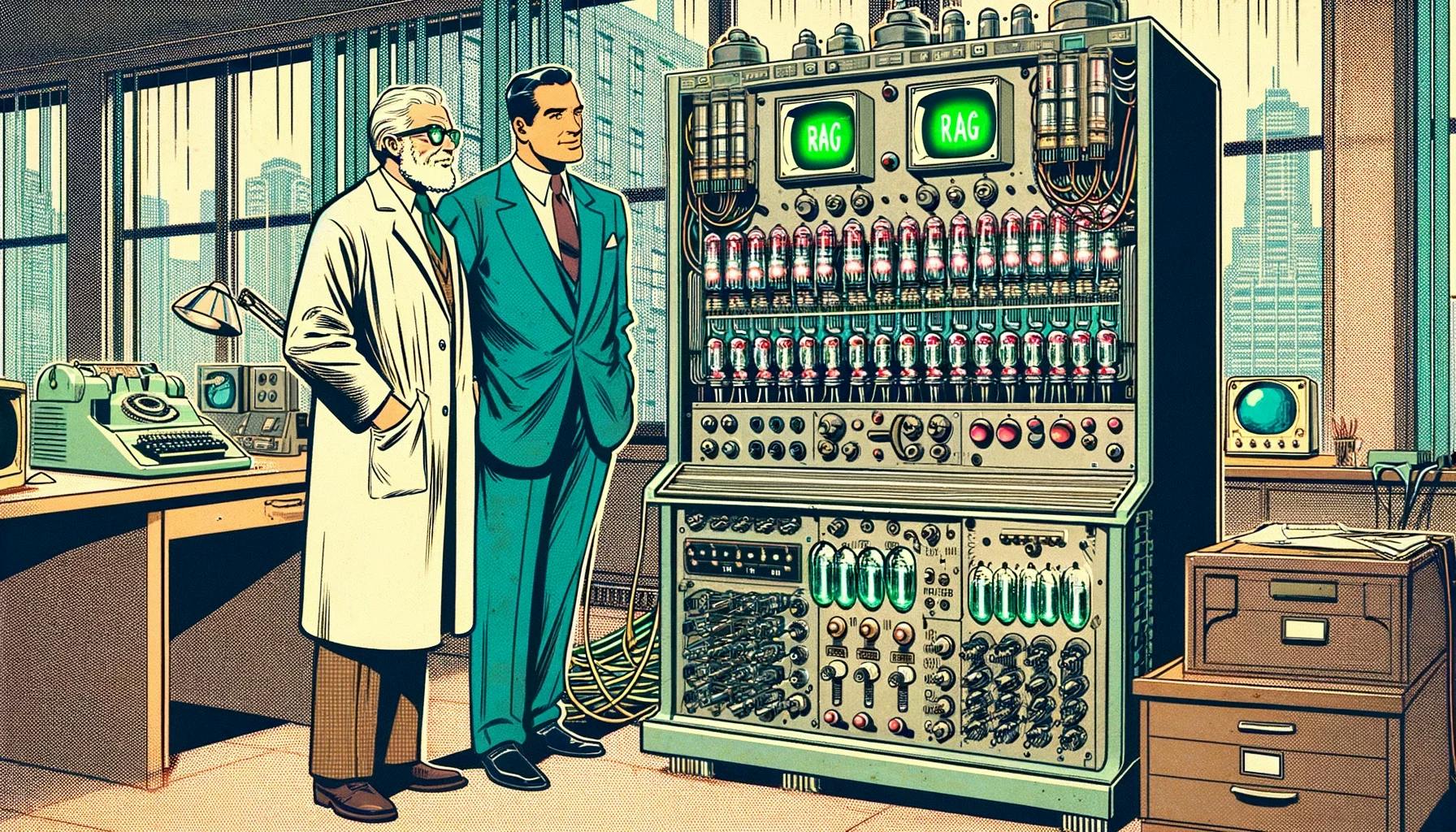Hard work is not appreciated!?
By Christian Prokopp on 2022-05-30
Your hard work is not appreciated. So why should you still do it? There is a good reason.

People, especially those who do not have a close relationship with you, do not care how hard you worked on something. Case in point, I remember situations when someone tried to rush through demonstrating a minimal effort piece of work and got stopped, asked many questions, and figuratively padded on the back multiple times to their astonishment. Why did they get praise for trivialities? Why is hard work not appreciated?
If you are a bit more seasoned, you might know the answer already. Only the impact on the audience matters and drives its interest and appreciation more than heroic late nights and technical brilliance. You should not expect much enthusiasm from others if the impact is
- Internal to your team mostly
- Removing technical debt
- Strategic long-term beyond quarterly horizons
- Adding security or removing risk
These have no immediate, measurable ROI or grateful audience, or their absence is more impactful than their presence, e.g. security and risk management.
Other examples are where the effort greatly outweighed the impact, but it needed doing for good or bad reasons. Good reasons can be foundational work, and the first value drop is minimal, and the impact is strategic, enabling future work and value delivery. Bad reasons can be poor planning or non-data-driven decision-making, e.g. based on gut feeling or tradition or because everyone else is doing it. Do not despair; hard work is still worth doing!
Once you understand the above, you can use it to your and your organisation's advantage. Break with the expectation that people appreciate your effort and become comfortable with celebrating value delivery. Sometimes you put in a lot of work for little immediate value, but it pays back later when you occasionally get a lot of value for little effort. It should average over time, and hopefully, overall, you get the appreciation you deserve. But it takes a little learning and attention to 'sell' your work according to its value. I advise juniors to promote and savour the easy wins, get the attention and appreciation, and not dwell on the unappreciated low-impact hard wins.
There is another significant benefit attached to working this way. It starts pivoting your view. I used to look at the world through the eyes of an engineer at the beginning of my career. Every problem had an elegant technical solution, and complex problems were more interesting than simple ones. That is divorced from what happens in reality. No one outside the team building the solution cares about its implementation or sophistication.
Businesses care about impact, e.g. is something possible and feasible in resources and time? Quickly you learn that sometimes good is good enough or some problems are not worth solving no matter how irresistible they are. For a data scientist, it can mean using a simple, robust, boring algorithm instead of the latest complex ones or developing your own. For engineers, it can mean using existing tools, libraries or services instead of building your own.
If enough individuals in a business realise this, good things happen. It achieves valuable outcomes faster and more effectively. Poorly motivated goals may still exist, but they might be starved of resources or achieved with absolutely minimal effort since there is no or little value in them. Importantly, you will save your hard work for worthwhile goals, which spares you disappointment and the business wastage. Businesses either learn and reduce poorly motivated goals or lose their best staff in the long term. Life is too short, relax whenever possible Life is too short, relax whenever possible Do not fight it; embrace it.
Looking at how your work is perceived and how it adds or does not add value to your organisation can help you avoid disappointment. And it can make you better at your job by avoiding some unappreciated work that is unnecessary. But there will always be necessary thankless work. Luckily there will be easy wins where you change one line of code and have people cheering you because it made their (work) lives better.
Christian Prokopp, PhD, is an experienced data and AI advisor and founder who has worked with Cloud Computing, Data and AI for decades, from hands-on engineering in startups to senior executive positions in global corporations. You can contact him at christian@bolddata.biz for inquiries.
Related Posts

How many words are 128k tokens?
2024-04-12
128k tokens are 96k words in English for ChatGPT 3.5 and 4. The ratio is estimated to be 0.75 words per token. However, the answer is not straightf...

Free Amazon Product and Bestseller Data
2024-04-11
Today, we release a massive dataset for non-commercial use, i.e. research or personal projects. The dataset covers Amazon product data for all of 2...

OpenAI GPT-4 Turbo's 128k token context has a 4k completion limit
2023-11-23
Recently, OpenAI released GPT4 turbo preview with 128k at its DevDay. That addresses a serious limitation for Retrieval Augmented Generation (RAG)...

Is OpenAI killing Retrieval Augmented Generation?
2023-11-07
OpenAI's DevDay announcement yesterday addresses issues I wrote about in the infeasibility of RAG after building Llamar.ai this summer. Did I get i...

A Guide to the Delta Lake Transaction Log
2023-02-14
Discover the power of the Delta Lake transaction log - ensuring Data reliability and consistency.

OpenAI GPT-3: Content spam or more?
2022-12-04
OpenAI's ChatGPT has made the news recently as a next-generation conversational agent. It has a surprising breadth which made me wonder, could Open...